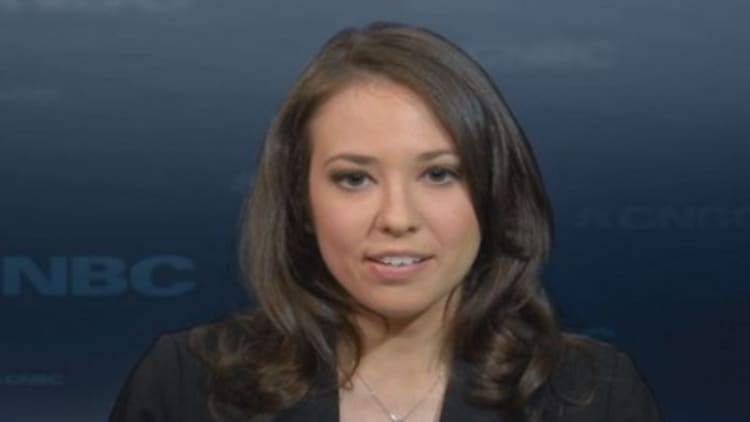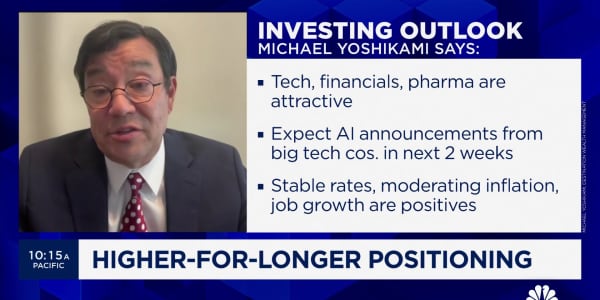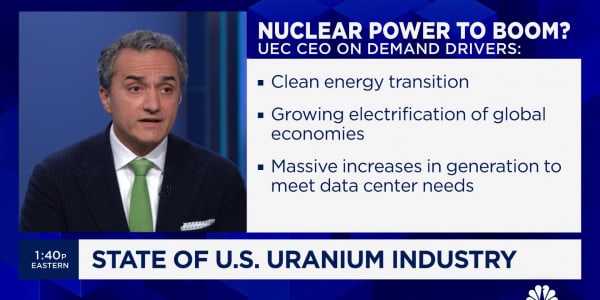
Even though stocks have been breaking through all-time levels, it doesn't appear Wall Street job satisfaction has improved much since the 2008 financial crisis.
Between new regulations making the industry more complex and the rise of high-frequency trading, it appears many stockbrokers, fund managers and financial planners are actually under much more pressure now.
Overall finance employee satisfaction based on company ratings have not improved since 2008 to 2014, with a slight dip in 2009, 2010 and 2011, respectively, according to Glassdoor, a jobs and career website. In 2012, for instance, 52 percent of analysts said their outlooks had improved, a number that dipped to 41 percent in 2014.
It's a significant uphill battle to work in the industry, said John Challenger, CEO of Challenger, Gray & Christmas, an outplacement and career firm. He said finance isn't as potentially lucrative anymore and doesn't have the panache as it once did. Indeed, trends have shown that MBA graduates are looking more often for jobs in technology and other fields, instead of on Wall Street.
Read MoreThe 'new normal' for wealth management
Challenger believes high-frequency trading, where firms use computers and complicated algorithms to buy and sell stocks and other securities, is making a lot of finance professionals question whether they can even compete. And, it's hitting their confidence levels.
"The high-frequency traders are getting the edge on all these trades. It may not seem much on any given small trade, but the accumulative effect is putting people on the other side of the equation," Challenger said. "Wall Street professionals feel like they are playing against the house."
Read MoreWhat is high-frequency trading?
Pair that with the big trust issue, and it creates another layer of stress. Clients are putting more pressure on the pros to help them capitalize on the booming market.
"Their customers are very weary. They don't trust them as much," Challenger said. "They are more questioning and more informed because of all the information out there today."
But independent advisory firm Langdon Ford Financial, which is about an hour outside the bustle of Manhattan, may be bucking this discouraging trend.
"I can tell you in our shop morale seems to be at an all-time high. But I hear that in other parts of the industry there are certainly some issues," said financial advisor Marc Del Gaudio, Langdon Ford's president.
Read MoreBogle blasts finance industry's failing ethics
The new government regulations and increased security have leveled the playing field against the big Wall Street firms, Del Gaudio said. His firm, which sells investment products like annuities and insurance policies, is less exposed to many of the new rules and doesn't have the same compliance concerns.
Yet, trust issues are universally affecting both large and smaller firms. Locking in new customers now takes longer for Del Gaudio.
"The time has increased because of maybe the distrust as respect to the financial institutions. So, people definitely kick the tires a lot longer than they used to," Del Gaudio said. "That is the new normal and I think it will always be like that from this point on."






